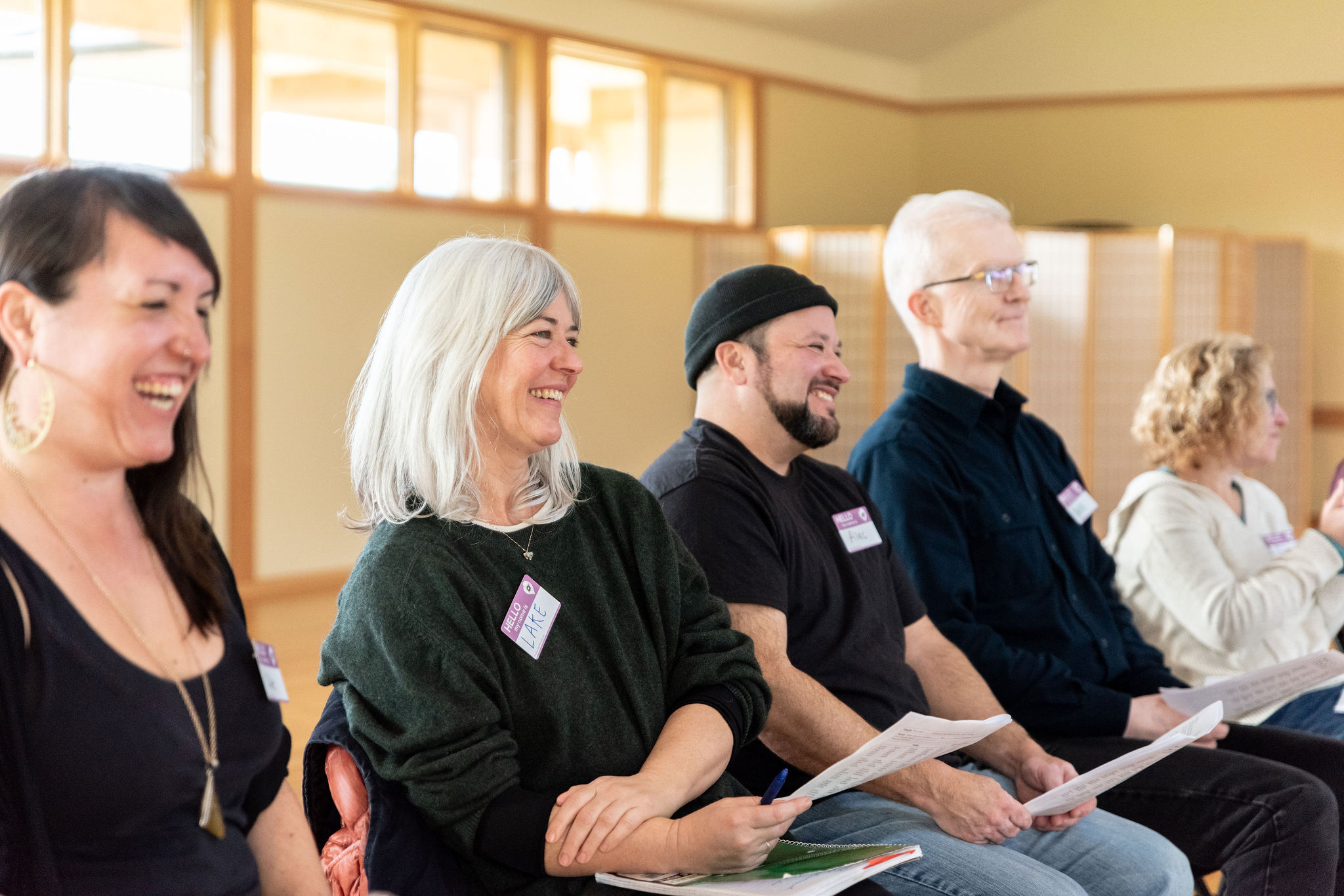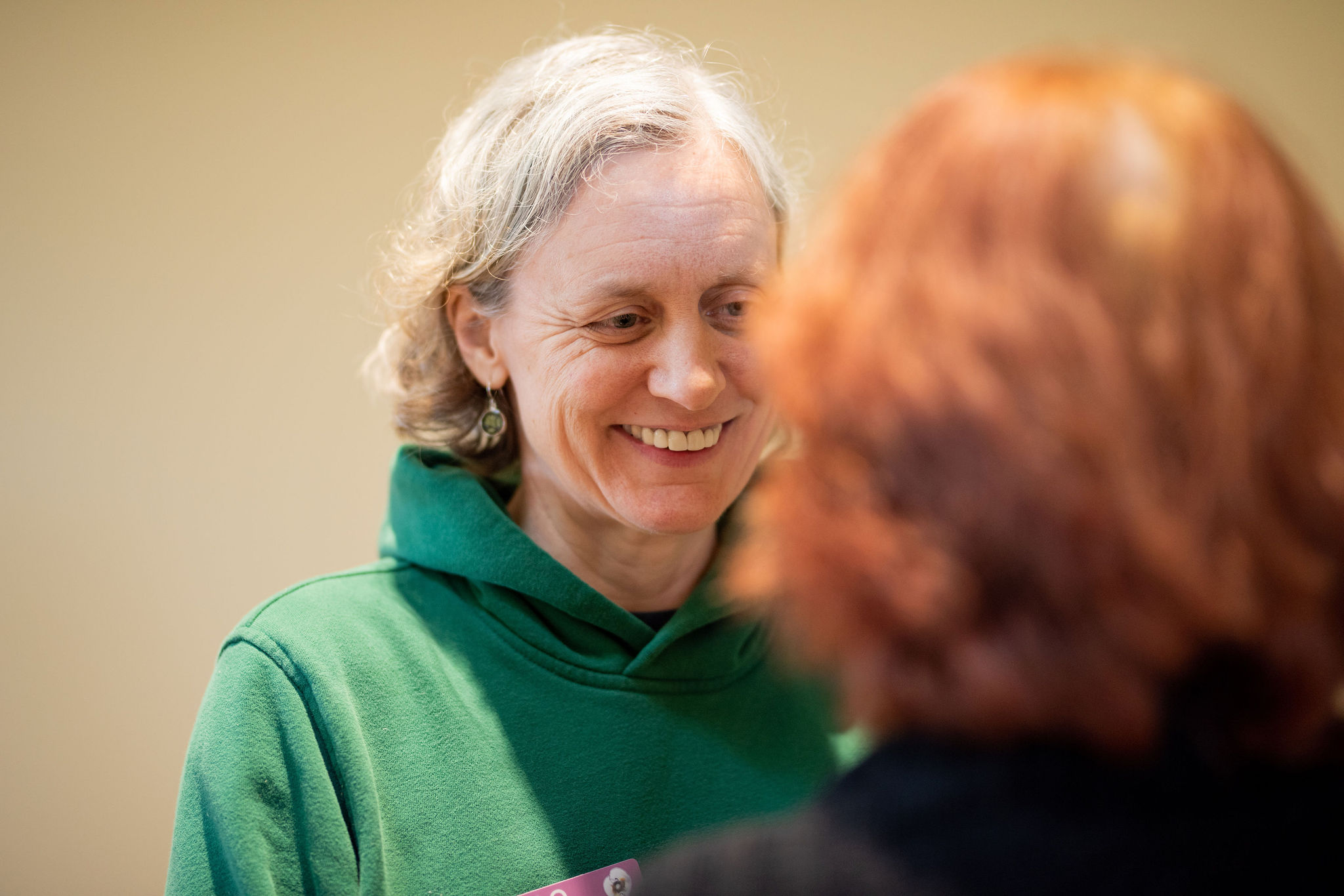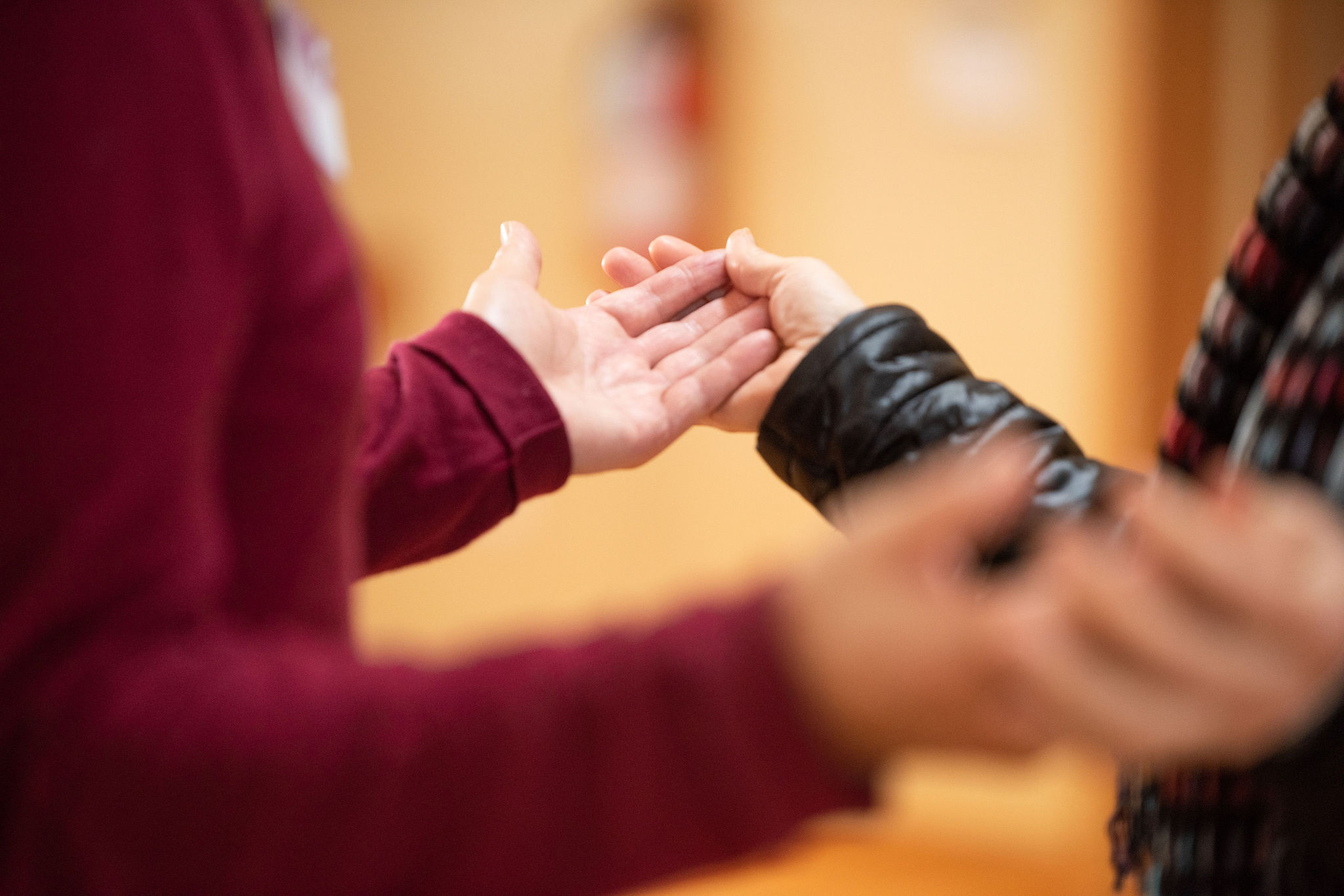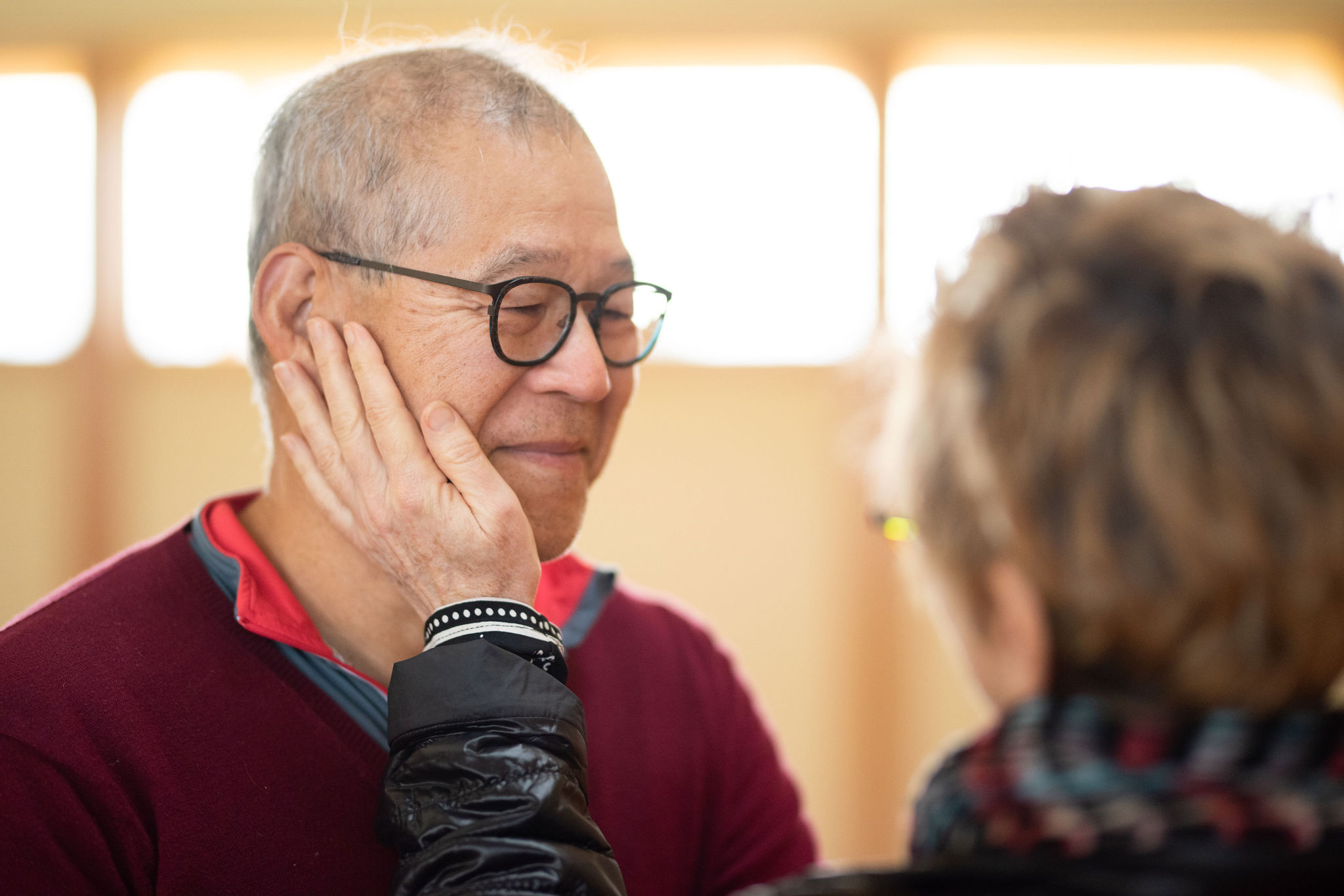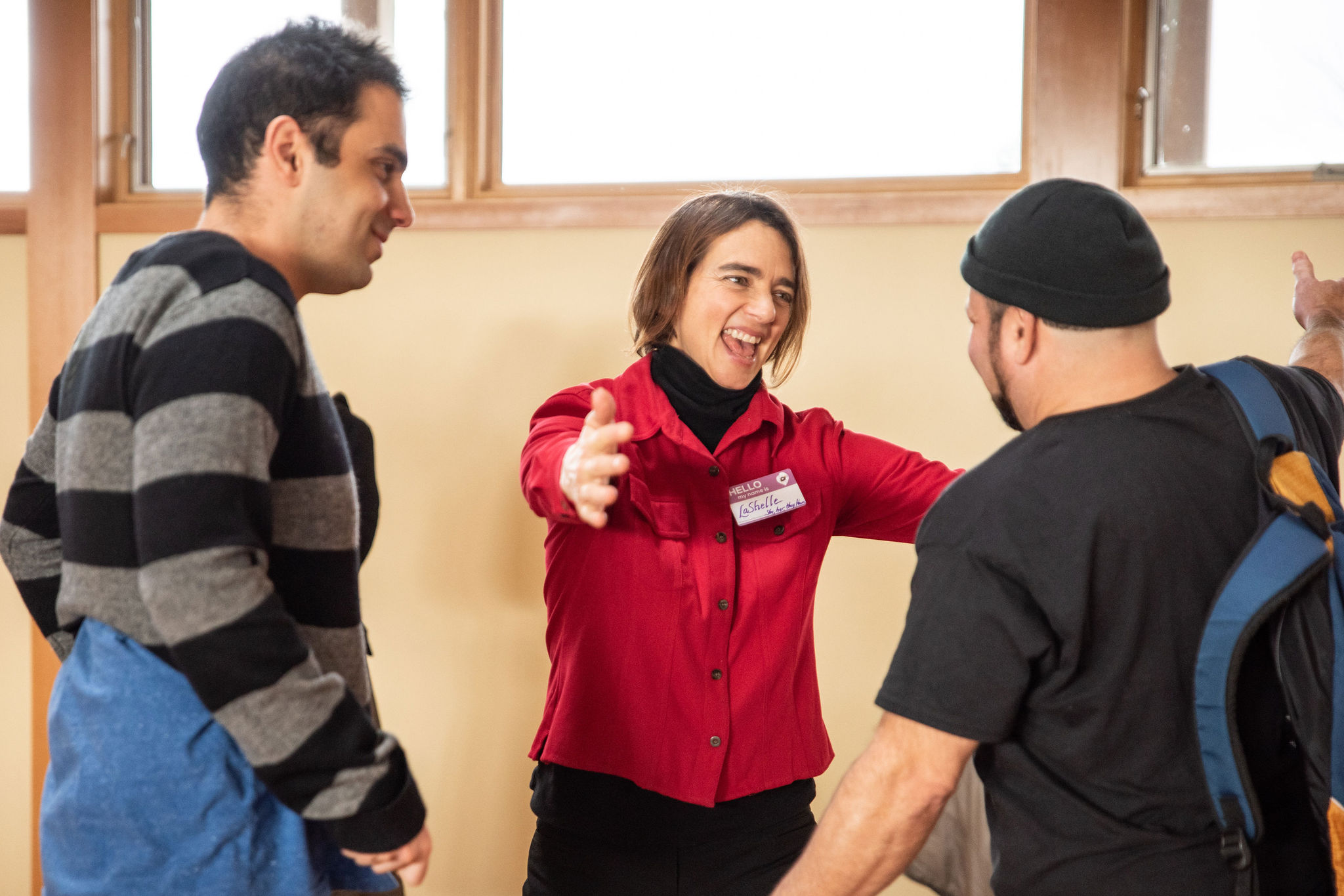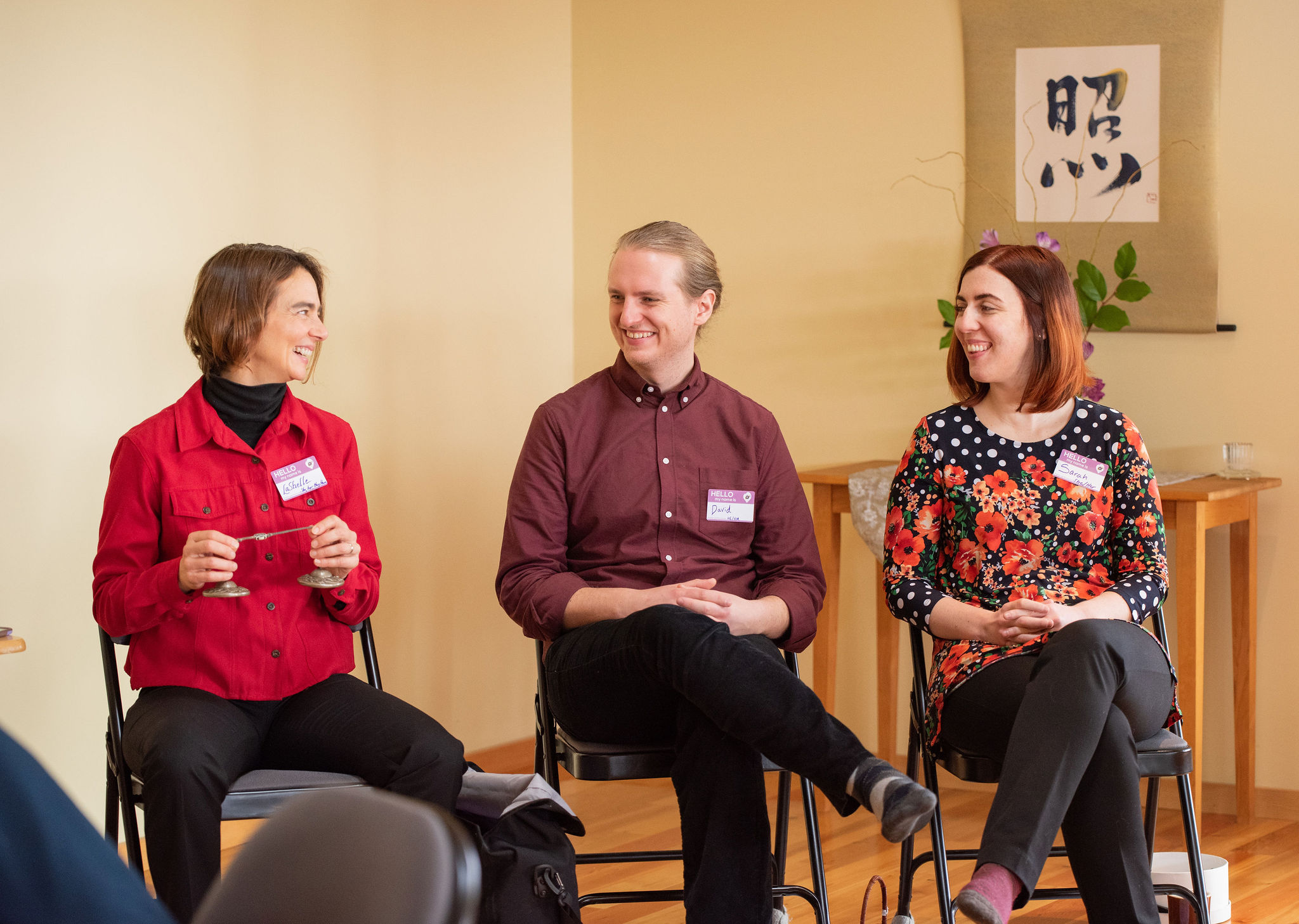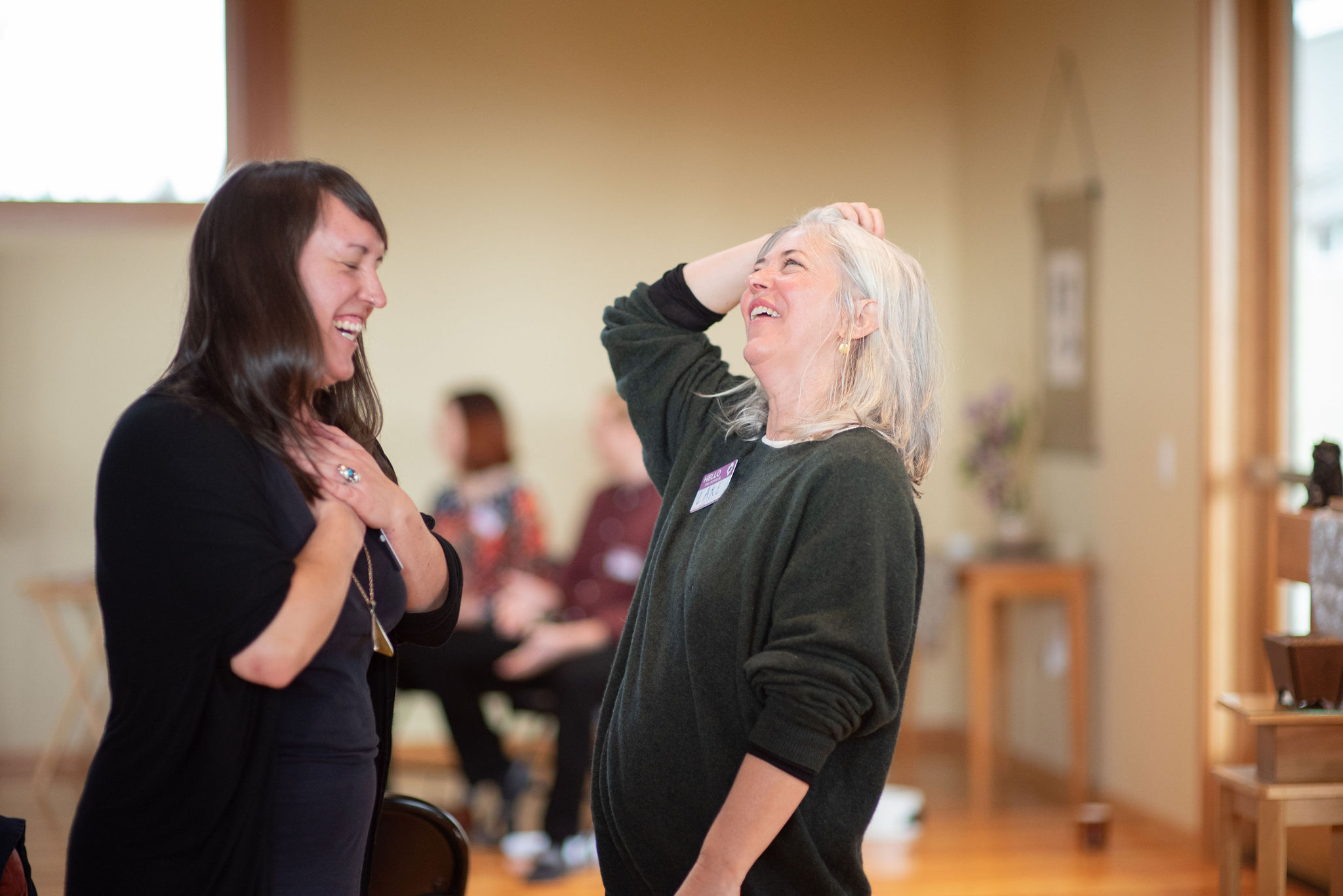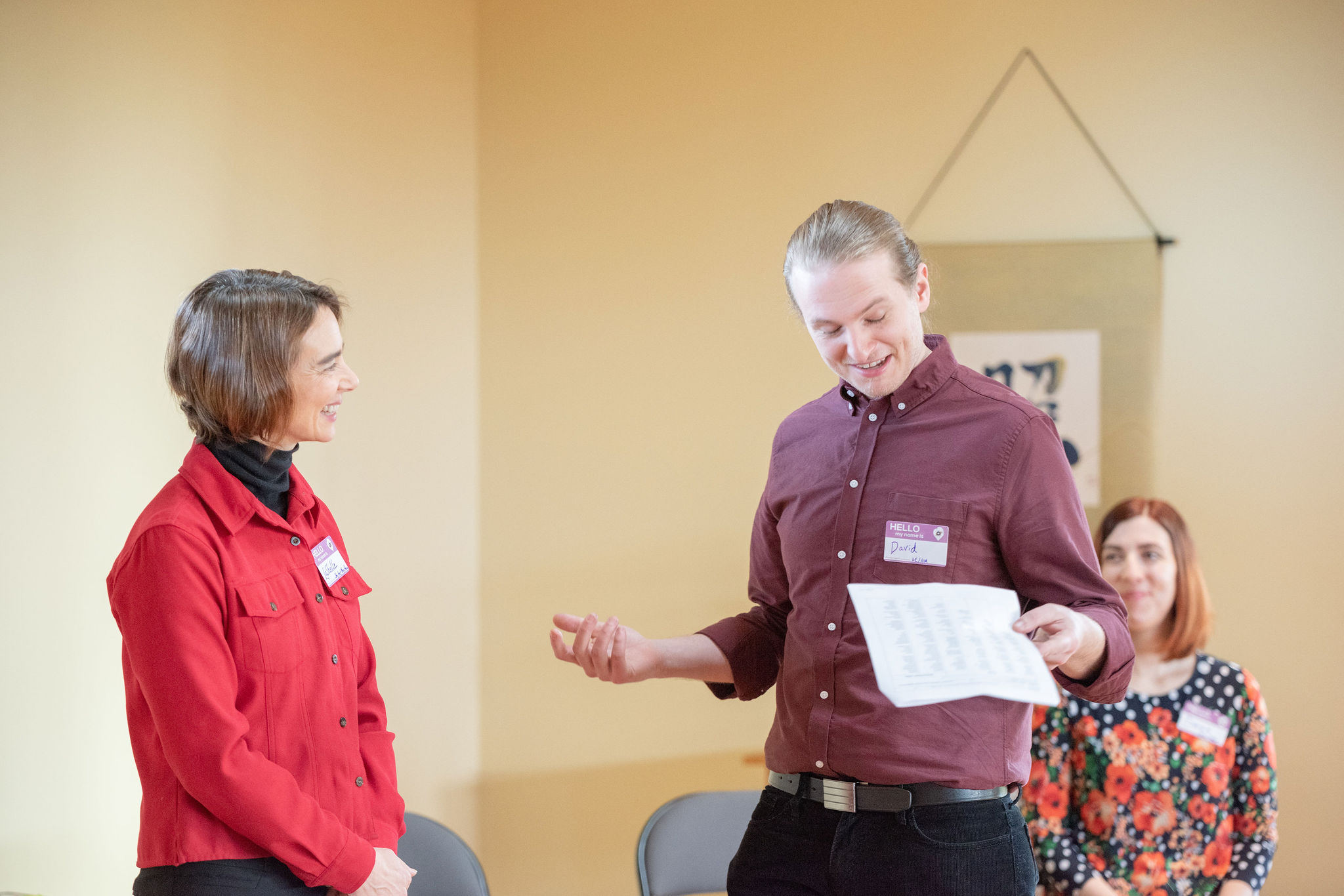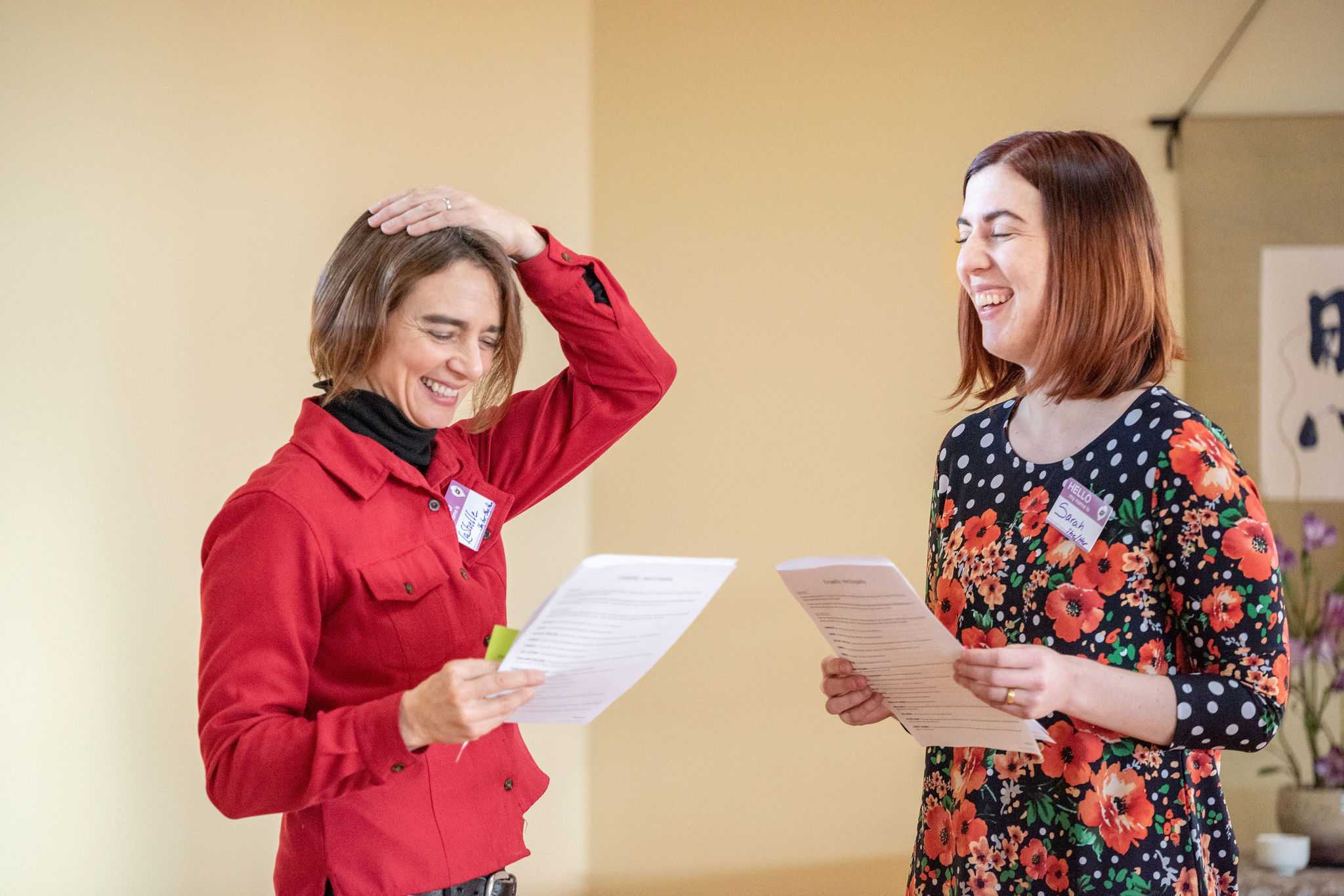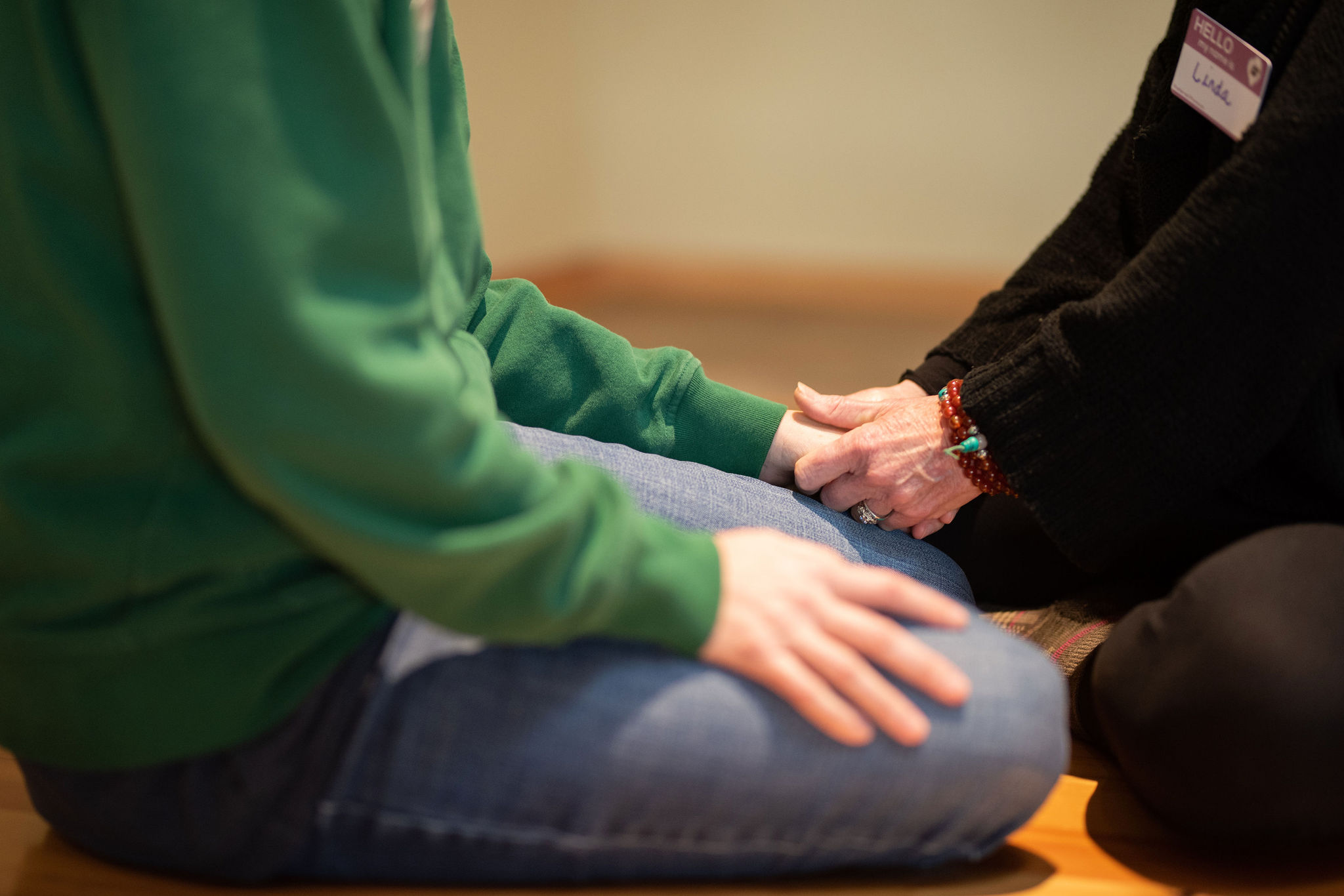Is this you?
You are in a committed relationship and love your partner* and you want to build a foundation for a lasting relationship. Perhaps things are going well and you want that to continue. Or, perhaps you feel frustrated about getting caught in the same arguments again and again and can find yourself in blame and criticism. Either way, you are ready and willing to engage in experiential exercises with your partner to learn new skills that will support both a secure emotional bond and the ability to honor authenticity and autonomy.
“I wasn’t sure I wanted to invest more money into communication training with my wife. The thought crossed my mind that perhaps a vacation to the ocean would be more beneficial than a 6 week couples training. Boy, I couldn’t have been more wrong. The tools LaShelle shared with my wife and me created more connection and a deeper level of understanding. LaShelle is a gifted trainer and was able to easily move us through conversations that would normally have exploded like dynamite. If you’re tired of running into the same walls with your partner and ready to have a breakthrough with parenting, money, or sex, I highly recommend working with LaShelle.”
How it Works
You might have tried all sorts of ways to improve your relationship: spending more quality time, spending time apart, reading self-help books, and maybe counseling, and still return to the same conflicts, patterns of communication, or stuck places. You are not alone. Relating in a clear and self-responsible way in intimate relationship requires many complex and subtle skills, very few of which have been modeled for you growing up. You need a comprehensive way forward that is concrete enough to make use of and subtle enough to adapt to your relationship.
Mindful Compassionate Dialogue (MCD) brings a comprehensive set of skills as well as a subtle understanding of relationship dynamics. MCD brings together concepts and skills from Hakomi (body centered therapy), Nonviolent Communication, and Mindfulness. The goal of MCD is to empower you to create the change you want in relationship. Mindful Compassionate Dialogue naturally supports you in creating a secure bond, while at the same time promotes healthy differentiation in your relationship. MCD helps you cultivate self-compassion and a confident relationship to needs. You can learn to stay grounded through reactivity and set clear boundaries. As you and your partner follow the structure of MCD, you will be able to see relationship dynamics through a practical framework and learn a set of skills that enables you to make immediate changes.
What to expect:
In this six week course, you will be introduced to the consciousness, framework and tools of MCD. Each class will focus on specific concepts and skills that you will get to integrate and practice with your partner in structured exercises. You will have the opportunity for individual coaching from myself and two other assistant trainers (Sarah & David Zimmerman). Debrief questions can be asked in the whole group or during individual coaching.
We will do a couple of exercises in small groups to build rapport and safety in the whole group. For these small group exercises you can use examples from any part of your life and do not have to share something from your relationship. Other than these two exercises, you will be working with your partner in 3-4 experiential exercises during each class. These exercises are highly structured to help you learn skills, address relationship issues, and remain nonreactive.
In this course, most students will be new to Wise Heart, but some may know me and other couples from previous classes. Group size typically ranges from 8 - 12 couples. There will be two assistant trainers helping with the course.
Topics for this course include:
Appreciation: Learn how this tool of clear communication about what works that teaches you how to become more responsible and aware of your own needs as well as how to love your partner
Empathy: Learn to listen deeply while remaining self-connected
Honest Expression: Recognize and name feelings, needs, and reactivity, and take responsibility for your needs by making requests that open up a grounded and compassionate dialogue.
Reactivity: Gain a basic understanding of how and why reactivity comes up again and again and how you can make a change
If you have any questions, please email us at info@wiseheartpdx.org
*Poly, non-dyad, relationships are welcome.
Details:
Trainer: LaShelle Lowe-Chardé
Assistants: Sarah Zimmerman and David Zimmerman
When: 7–9 p.m. Tuesdays, March 17 - April 21, 2020
Where: Friends Meeting House, 4312 SE Stark, Portland OR 97215
Cost: $330 per couple (Participants can opt to pay a $99 deposit to register, and pay the remaining balance on or before the first day of the workshop)



